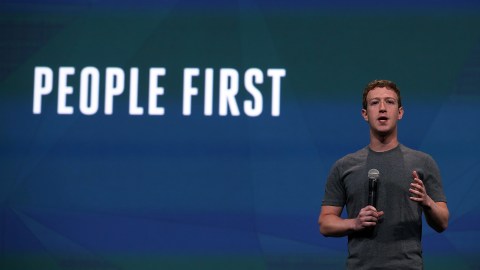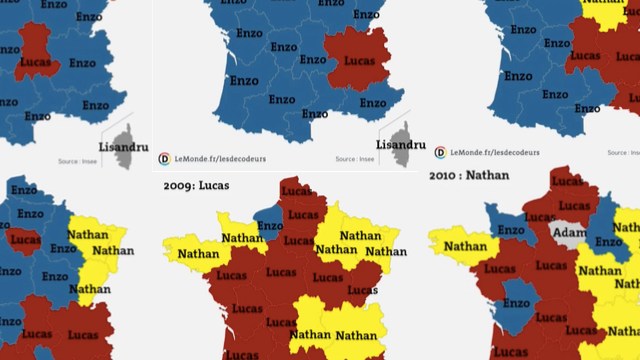How Facebook Foiled Gun Sellers Who Tried to Dodge the Law

On Friday, Facebook announced that it will prohibit person-to-person sales of firearms on its platform as well as on its photo-sharing site Instagram. While the National Rifle Association (NRA) hasn’t commented yet on the action, many gun control advocates laud the decision. “Moms are grateful for the leadership shown by Facebook today,” said Shannon Watts, founder of Moms Demand Action for Gun Sense in America, in an interview with Reuters. “Our continued relationship with Facebook resulted in today’s even stronger stance, which will prevent dangerous people from getting guns and save American lives.”
Created in March 2014, Facebook’s Regulated Goods policy had previously prohibited the sale of marijuana, pharmaceuticals, and other illicit drugs. It also had forbidden private firearms sellers from advertising that they did not require a background check for a firearm purchase and that they could offer firearms sales across state lines without an appropriate licensed dealer involved, in avoidance of current US law. “We will not permit people to post offers to sell regulated items that indicate a willingness to evade or help others evade the law,” Facebook’s policy read at the time.
Now the policy includes the complete prohibition of sales of firearms by unauthorized dealers:
“We prohibit any attempts by unauthorized dealers to purchase, sell, or trade prescription drugs, marijuana, or firearms. If you post an offer to purchase or sell alcohol, tobacco, or adult products, we expect you to comply with all applicable laws and carefully consider the audience for that content. We do not allow you to use Facebook’s payment tools to sell or purchase regulated goods on our platform.”
Although not directly involved in the sale of guns, the Facebook platform has always been used to coordinate sales activities for a number of products, including weapons of all types. Additionally, it is used by many to show pictures of the products offered for sale and acts as a communications and marketing platform. According to The New York Times, “the social network, with 1.6 billion monthly visitors, had become one of the world’s largest marketplaces for guns and was increasingly evolving into an e-commerce site where it could facilitate transactions of goods.”
“Over the last two years, more and more people have been using Facebook to discover products and to buy and sell things to one another,” Monika Bickert, Facebook’s head of product policy, said in a statement. “We are continuing to develop, test, and launch new products to make this experience even better for people and are updating our regulated goods policies to reflect this evolution.”
Other online sites that offer marketplace-like services have prohibited the sale of firearms for a while. For example, on eBay, most weapons are restricted from sale, including all firearms regardless of their ability to fire, how old they are, or their status as collectibles. Google AdWords also forbids users from advertising dangerous weapons. So Facebook’s move to prohibit the sales of these items isn’t that surprising as the site is increasingly becoming a place for online commerce.
What it proves out, however, is that Facebook is once again at the center of our offline lives. Facebook previously came under fire for allowing its platform to be used as a message board for terrorist and extremist messaging. Now it is taking flak for allowing the private purchase of firearms. Facebook is a reflection of our offline world. As geopolitical issues rear up in the physical world, we can’t expect them to not surface online. Arguably, that’s where they have the greater impact and many times where the discussion begins.





